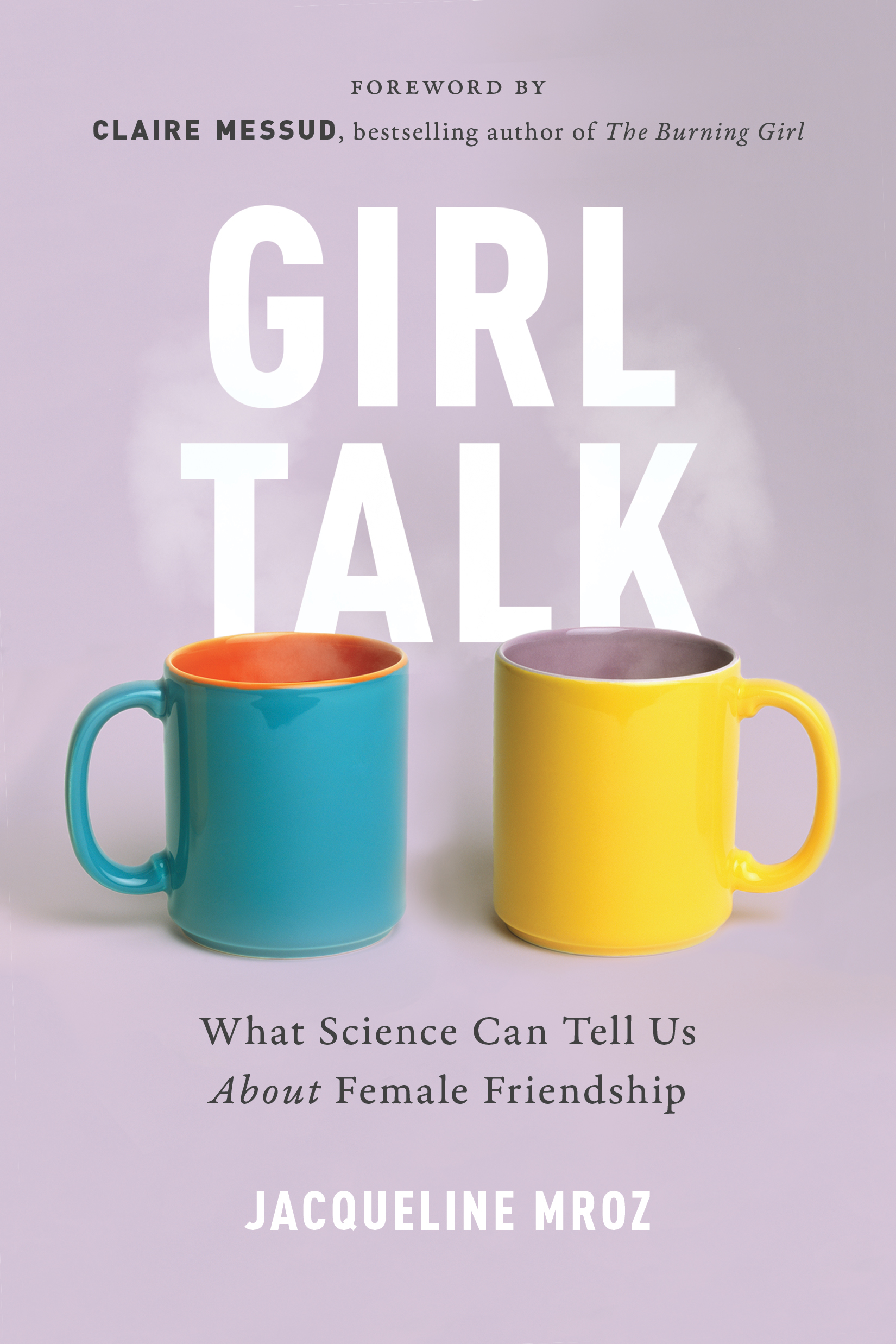Chapter 7
The Breakup: Stories of women who experienced the end of a friendship
Don’t walk behind me;
I may not lead. Don’t walk in front of me;
I may not follow.
Just walk beside me and be my friend.
— Albert Camus
Olivia had been close with her college roommate for years, but one day, out of the blue, she received an email from her saying that their friendship was over. Her friend said that Olivia hadn’t been a good enough friend to her, and that she hadn’t made enough of an effort to see her over the years. The email came as a complete shock—Olivia never would have guessed that her friend wanted to end their relationship, or that she’d done anything wrong. They had both married and raised children, and were busy with their lives, living in separate cities. But she thought she’d made an effort to keep in touch. Olivia was distraught. They never spoke again.
“In remembering the whole thing, I think I was struck by our different approaches to friendship. I assumed that an old friendship—one that began when we were so young and in formation—didn’t need the kind of maintenance other kinds of relationships require. I thought we had settled into a comfortable, if somewhat lax, routine. I was always so happy to hear from her, no matter how much time had gone by. And I always felt an intense connection. . . . I was wrong to think that my expectations matched hers—clearly we had different ideas about what makes a good friendship. For me, the best friendships are the ones that feel easy—no drama, no tests. There are times when I miss my old friend. But there’s no going back after that kind of confrontation. I still wonder if it is appropriate to force a ‘breakup’ with a friend—bad relationships die a natural death, while good ones (even if the participants have different ideas of ‘good’)—can last forever whether they are constant or intermittent,” Olivia said.
Experts say that losing our best friend may be even more devastating than breaking up with a lover—that’s how significant these female friendships are.
So why do women go through breakups with their friends, while men rarely have the same experience? I wondered if all friendships had a life span: a beginning and an end? Or perhaps it varied according to who you are friends with, and what both of you need at certain times in your lives. There is no language for describing the process of ending friendships. We might use phrases like “breakup,” “falling out,” and “moved on” to characterize the conclusion of nonromantic relationships. But these don’t really describe the pain and heartbreak that can be involved. Is it better to drift apart when that friendship is over, rather than having a clean break?
The Greek philosopher Cicero, who wrote extensively about friendship, said that if it’s necessary to break with a friend, the relationship should fade away rather than be stamped out, to avoid creating hard feelings or serious personal enmity. “There is a degree of respect which we must pay to a friendship, even one that has turned sour,” he said.

Published with permission from Girl Talk: What Science Can Tell Us About Female Friendship by Jacqueline Mroz.

